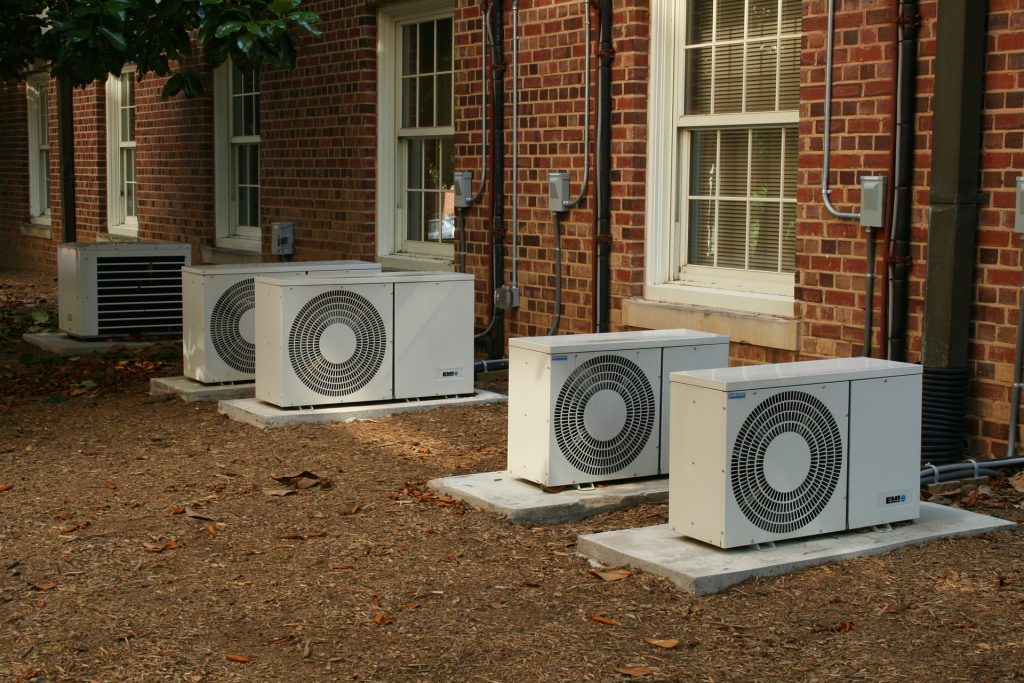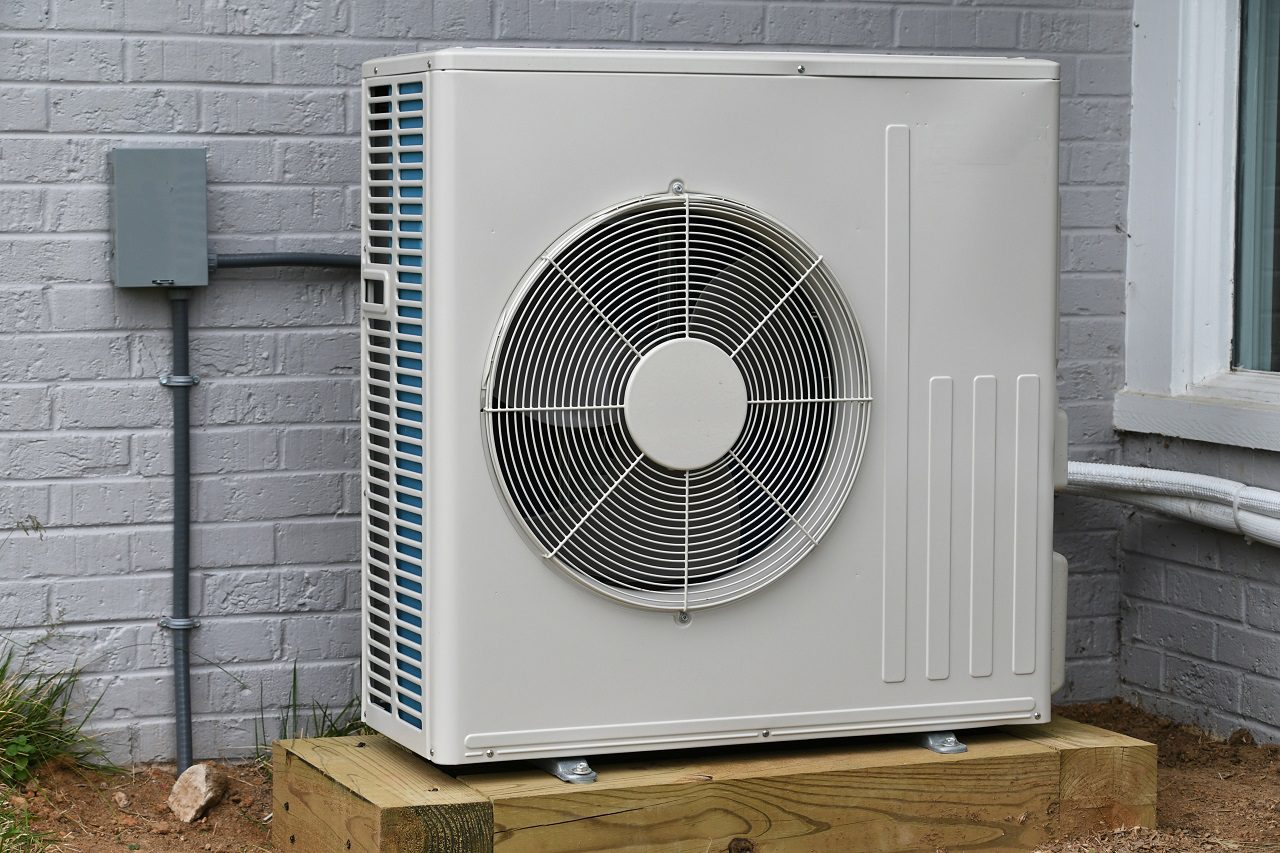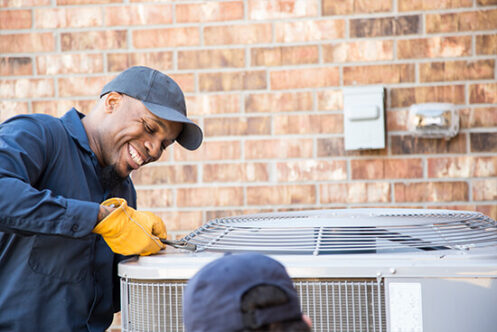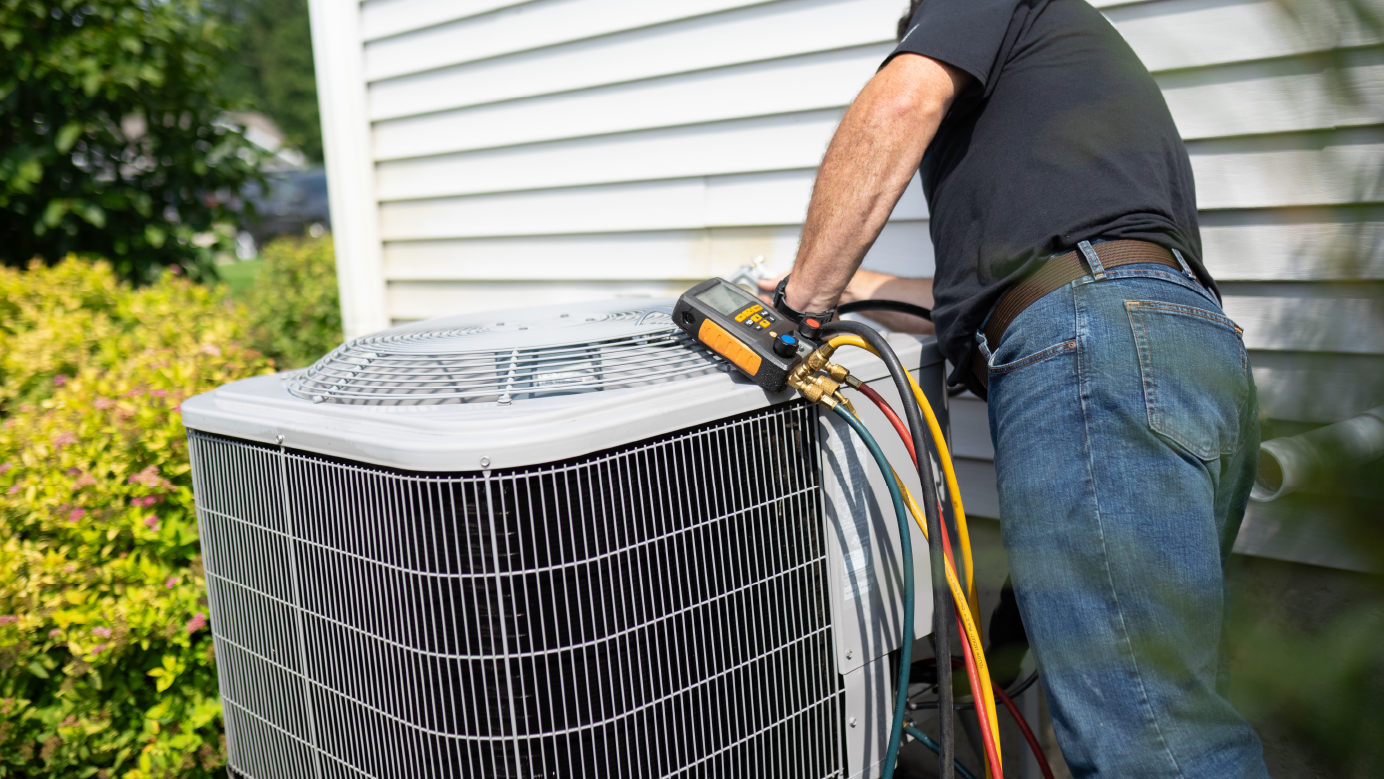To choose the right AC for your Washington home, consider your space, cooling needs, and budget. Central air suits larger homes, while ductless or window units are ideal for smaller spaces. Opt for energy-efficient models with high SEER ratings to save on costs.
Selecting the right air conditioner (AC) is essential for staying comfortable in Washington State’s varied climate. With several AC types available, making an informed decision ensures optimal cooling, energy savings, and long-term performance. This guide walks you through the factors, options, and tips for choosing the best AC for your home.
Why Choosing the Right AC Unit Matters
Your AC system impacts home comfort, energy costs, and the environment. Washington’s mild summers and varying humidity levels make it important to choose a unit that balances cooling power with energy efficiency.
Key Factors to Consider When Choosing an AC
Home Size and Cooling Needs
- Central air conditioning is ideal for cooling multiple rooms simultaneously.
- Ductless mini-split systems, portable units, or window ACs work best for smaller spaces.
Energy Efficiency
- Look for AC units with a high SEER rating (Seasonal Energy Efficiency Ratio). A higher rating means greater efficiency and lower electricity bills.
- ENERGY STAR® certified units reduce energy use by up to 20%.
Budget
- Portable ACs: Affordable ($100–$500), ideal for single rooms.
- Window Units: Mid-range ($150–$800), effective for small homes.
- Central Systems: Higher cost ($1,500–$4,000) but suitable for larger spaces.
For cost-efficient cooling solutions, explore AC installation options.
Washington’s Climate
Humidity control is crucial for comfort during warmer months. Choose systems with dehumidifying capabilities to maintain indoor air quality.
Types of Air Conditioners for Washington Homes
Central Air Conditioning
- Best For: Large homes needing uniform cooling.
- Advantages: Consistent temperature across rooms, integrates with heating systems.
- Disadvantages: High installation and operational costs.
Learn more about central air systems at HVACation’s air conditioning page.
Ductless Mini-Split Systems
- Best For: Homes without existing ductwork.
- Advantages: Customizable cooling for individual rooms.
- Disadvantages: Higher upfront costs, visible wall-mounted units.
Explore installation options at AC installation.
Window Air Conditioners
- Best For: Apartments and small homes.
- Advantages: Budget-friendly, simple installation.
- Disadvantages: Limited cooling power, noise during operation.
Portable Air Conditioners
- Best For: Temporary cooling in smaller spaces.
- Advantages: Easy to move, no permanent installation required.
- Disadvantages: Noisy, obstructs windows.
Smart Air Conditioners
- Best For: Tech-savvy homeowners.
- Advantages: Energy savings through programmable settings and remote control.
- Disadvantages: Higher cost, dependent on Wi-Fi.
Energy-Efficiency Tips for Washington Residents
- Use Smart Thermostats: Automate cooling schedules for optimal performance and energy savings.
- Regular Maintenance: Clean or replace filters every 1–3 months to maintain efficiency. Learn more at AC maintenance.
- Seal Air Leaks: Prevent energy loss by sealing ducts and windows.
Commercial Air Conditioning Solutions
Businesses in Washington often require reliable cooling systems for large spaces. Central air conditioning and ductless mini-split systems are excellent for offices, retail spaces, and warehouses. Discover professional commercial services at commercial plumbing.
Residential AC Units for Washington Homes
Homeowners can choose energy-efficient options like geothermal cooling or smart ACs. These systems provide long-term savings and sustainable cooling. Explore residential services at HVACation’s home page.
When to Replace Your AC Unit
AC systems typically last 10–15 years. Replace your unit if:
- It fails to cool effectively.
- Energy bills have increased significantly.
- Repairs cost more than half the price of a new unit. Learn more about replacement options at when to replace your heating system.
Maintenance: Prolong Your AC’s Lifespan
Routine maintenance is key to extending your AC system’s lifespan by up to 5 years. Schedule annual inspections for duct cleaning and refrigerant checks. Regular upkeep reduces repair costs and improves efficiency. Get professional help at AC maintenance.
CTA: Stay Comfortable Year-Round
For expert AC installation, repair, or maintenance, call TEL: [Your Phone Number] or visit HVACation to schedule a service today!




